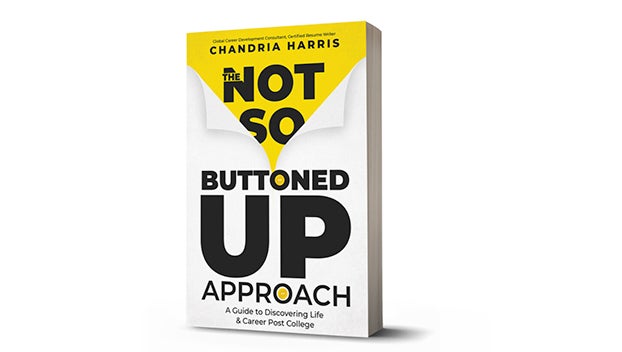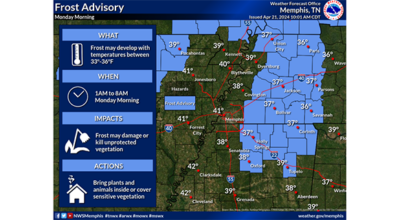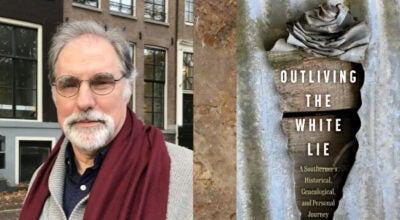Career advice book from Mississippi Univ. for Women grad helping others get ‘buttoned up’ on life after college
Published 7:25 am Sunday, September 12, 2021
While on her way to become her family’s first college graduate, Chandria Lucious Harris had to navigate the things that come with going to college without much help.
Now she is founder and CEO of HireCultures, a professional development firm based in Nashville. She hopes to help other first-generation college students, as well as seasoned professionals who want to change careers, with her book, “The Not So Buttoned Up Approach: A Guide to Discovering Life & Career Post College.” It was released Sept. 4.
Harris, who graduated from Columbus High School and got her bachelor’s degree from Mississippi University for Women, wanted to create a guide that covers just about everything in terms of getting a job and dealing with college.
“I wanted to write one comprehensive book that a young professional can read and actually get steps to move forward,” she said. “So it was kinda like my oath to those first-generation students who came after me to kind of give them the guide that I didn’t have.”
The book is available online at her company’s website, hirecultures.com, Amazon, Google Play and Barnes and Noble.
Besides being a guide to new college graduates, Harris also hopes the book serves seasoned professionals trying to change careers or get back into the workforce.
“When you have been in a career for a certain period of time, oftentimes you’re not up-to-date on the latest trends or the latest intel on how to go out and start fresh,” she said.
“There’s some things that you had in your resume five years ago or seven years ago that are not applicable today, such as your address. … So if you’re starting fresh with a very old resume, then you’re definitely going to hinder yourself from competing with other candidates.”
While Harris’ book is a step-by-step guide on how to go after a dream career, there is also some work involved.
“In the book you’ll read that the first thing to do is define your purpose,” she said. “Then I’ll give exercises and applications for you to sit down and think about things, like, how do you want to be remembered?”
Harris said she also gives readers examples of techniques others have used and how to apply them.
Many people who often start job-hunting feel certain careers are out of reach, Harris said. Her book will give professionals the insights and confidence they need to move forward.
“I’m hopeful that when someone picks up a book, they have the confidence to say, ‘I’m going to do this,’” she said. “’I’m going to start with the exercises and I’m going to reach out to someone.’ So when they read, I give them that confidence and that empowerment to think through things and then the nudge to go do it.”
Part of Harris’ job is teaching leadership skills to company’s management teams. Many of those skills, she said, are innate in residents of the Golden Triangle.
“One thing about being from Columbus, being from a very small hometown area, is we all embody an unique perspective of community,” she said. “Kids who experience community know how to respect, trust and engage.
“Those are transferable skills that are highly desired in the workplace, and we can show up with that because we had this all along,” she continued. “That’s all we have. … We don’t have skyscrapers. We don’t have big buildings. But we have this sense of community, that trust, that engagement, that rapport, that empathy. I am trying to teach CEOs how to show up with that. I showed up with it from having a sense of community, and coming from this small area with good food. … It’s all you need. It is the secret sauce.”
The name of the book came from a time when Harris was trying on clothes for her first interview. The incident ended up being an example of how her career has followed its own path.
She went shopping for a white button-up shirt to wear for an interview.
“I went to JCPenney and was looking for a white button-up shirt. It didn’t fit,” she said.
Her mom suggested she try something else.
“I said in the book, I didn’t know that it would be like a reflection of how my career would go,” she said of the shirt she eventually wore to the interview. “It wasn’t buttoned up. It wasn’t the traditional way of things. And I’m happy about that.”
Buttoned-up is also a term frequently used in the workplace to signify that something is finished or polished.
“And I wasn’t,” she said. “So if you weren’t or if you’re not, that’s okay, because I’m going to help you get buttoned up with this book.”






